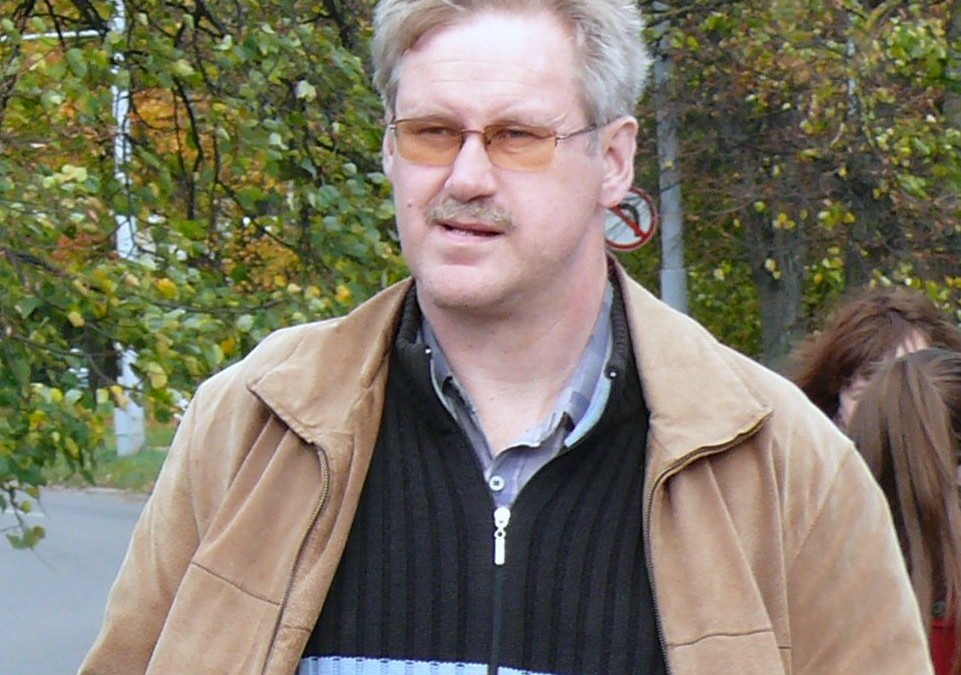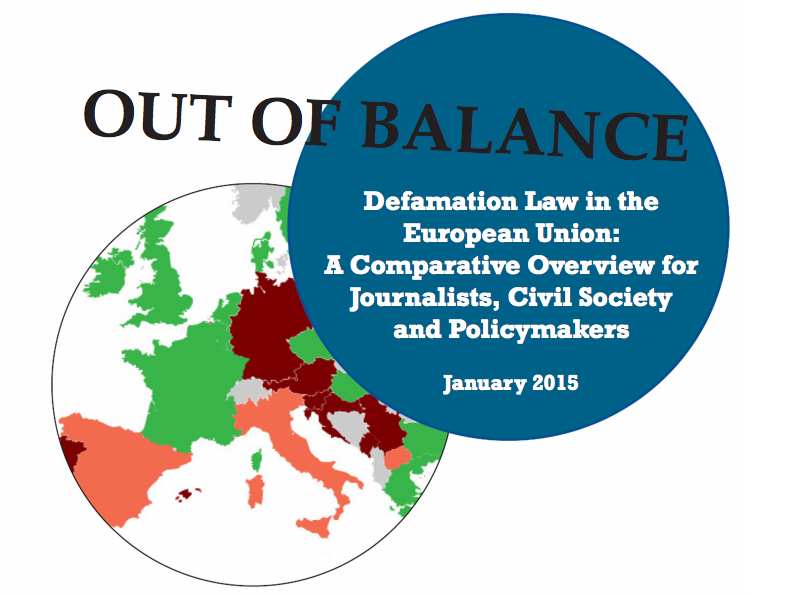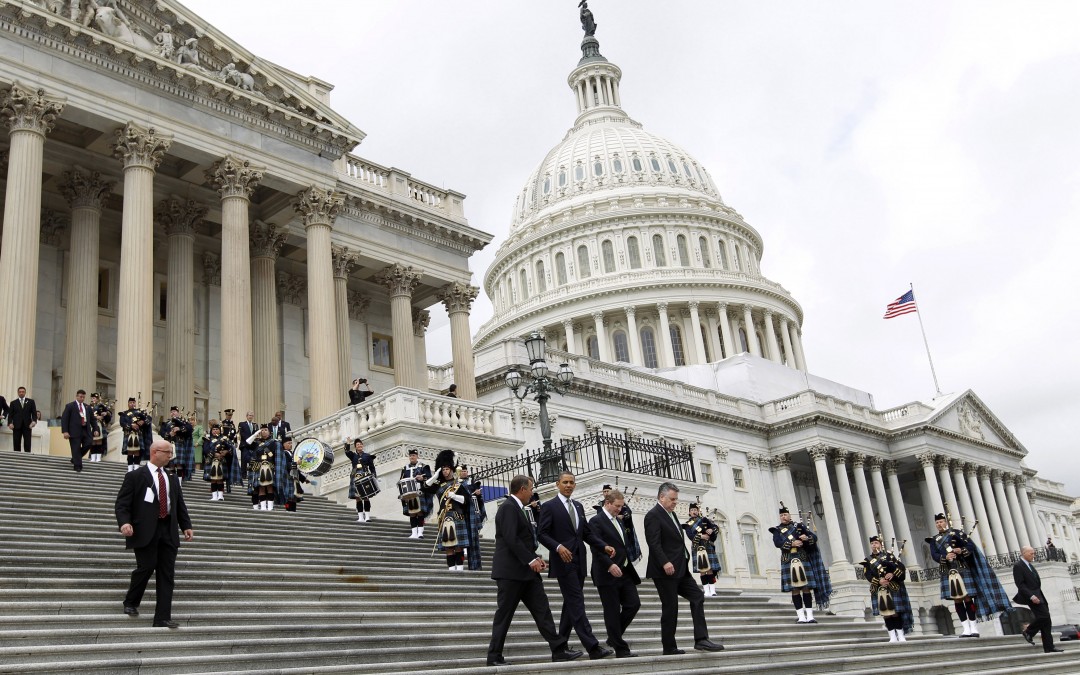Monitoring report: Defamation laws still concern for Europe media
January 30th, 2018
| Country | Type of Law | ||||

In June 2012, Asya Pencheva, a Bulgarian journalist working for the newspaper Utro, was charged with criminally defaming a local orphanage employee, Tsenka Blagoeva. The charges were related to a published story containing an interview with an orphanage employee who claimed that orphans had been abused. During the course of the interview Blagoeva’s name was mentioned.

Lithuanian journalist Gintaras Visockas is no stranger to covering controversial topics. A long-time journalist and author, Visockas covered the Lithuanian Defence Ministry and NATO operations for almost five years for the newspaper Vastieciu Laikrastis.

VIENNA, July 17, 2014 – An International Press Institute (IPI) report on defamation law in the European Union (EU) indicates that EU member states fall dramatically short of fulfilling relevant international standards on freedom of expression, with the vast majority maintaining criminal defamation provisions that threaten the media’s ability to report on matters in the public interest.

VIENNA, Oct 23, 2012 – As the U.S. presidential campaign enters its final two weeks, the International Press Institute (IPI) today released a comprehensive report tracing the history of criminal libel in the country, where defamation remains criminalised in some 16 states and territories.